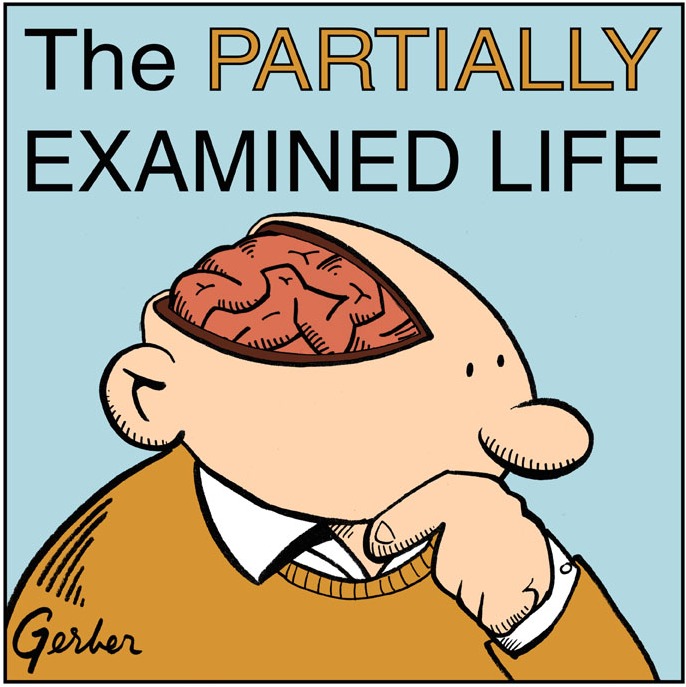The host of Econtalk provides his take on our ep. 174 on The Wealth of Nations, and explores with us the idea of emergent economic order. As preparation, we all listened to a June 2017 episode of Econtalk that featured Russ, Mike Munger, and Don Boudreaux, so you should too! For a graphic introduction to this idea, see wonderfulloaf.org.
Is the economy profitably thought of as a machine? Like the behavior of a natural system like a liquid or gas whose behavior can be described using simple laws and perhaps manipulated? As a garden? A rainforest? Are the unplanned results of mass economic activity always good?
Russ leans libertarian but has a nuanced view honed through over 600 episodes of Econtalk, where he’s talked to economists of all stripes. Like Smith, Russ recognizes that wealth is not the only good, that the economy is not going to serve all human needs, and that government regulations and infrastructure can be helpful and even necessary.
We talk through what “invisible hand” really means, tariffs and trade policy for less-developed countries, dehumanizing labor, self-interest, how Adam Smith’s picture in The Wealth of Nations relates to his account of moral judgments in The Theory of Moral Sentiments (discussed on PEL and at great length on Econtalk), how to induce changes in popular mores, and whether Smith’s moral concepts can handle the progressive character of morality (e.g., how people figured out over time that slavery was bad).


